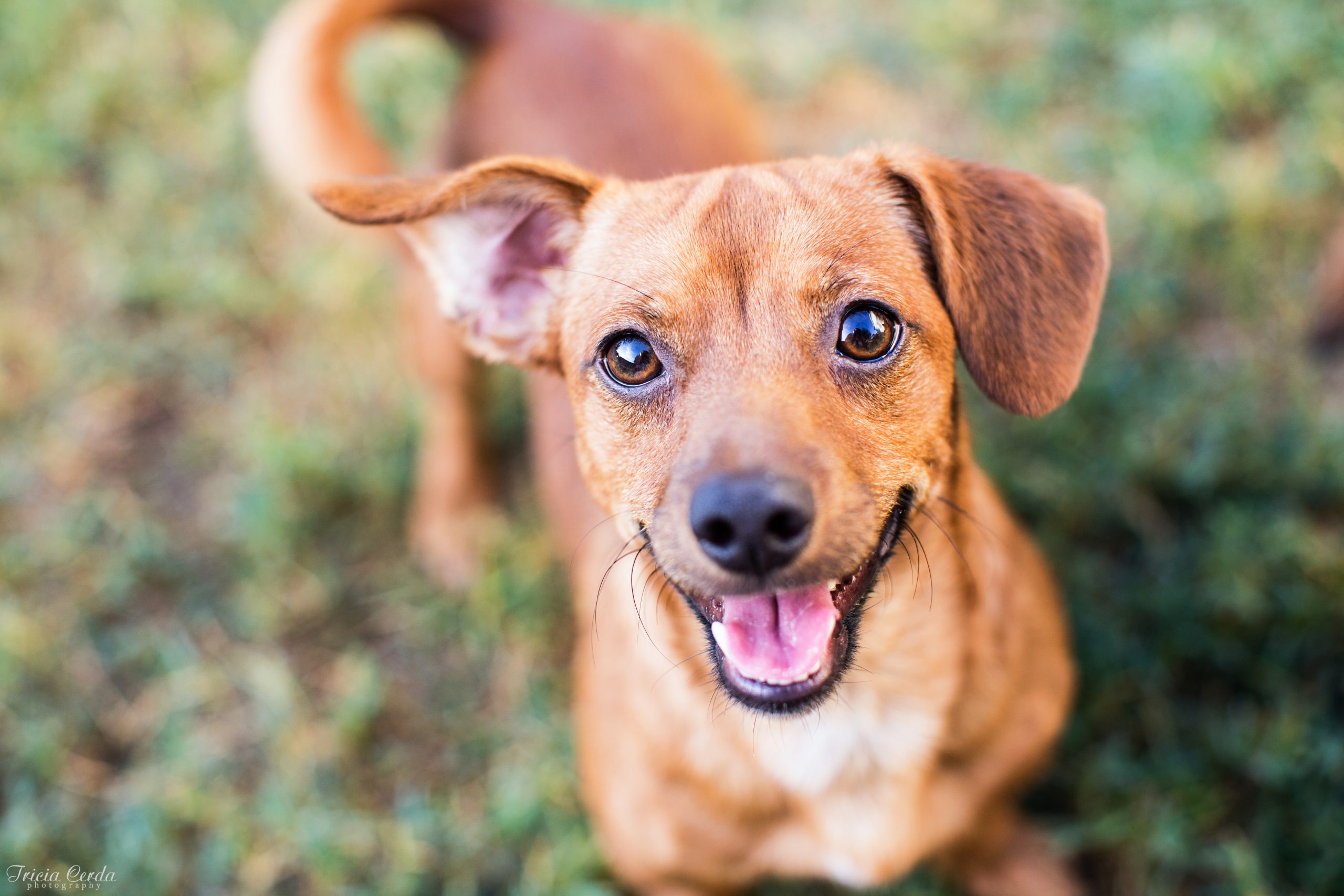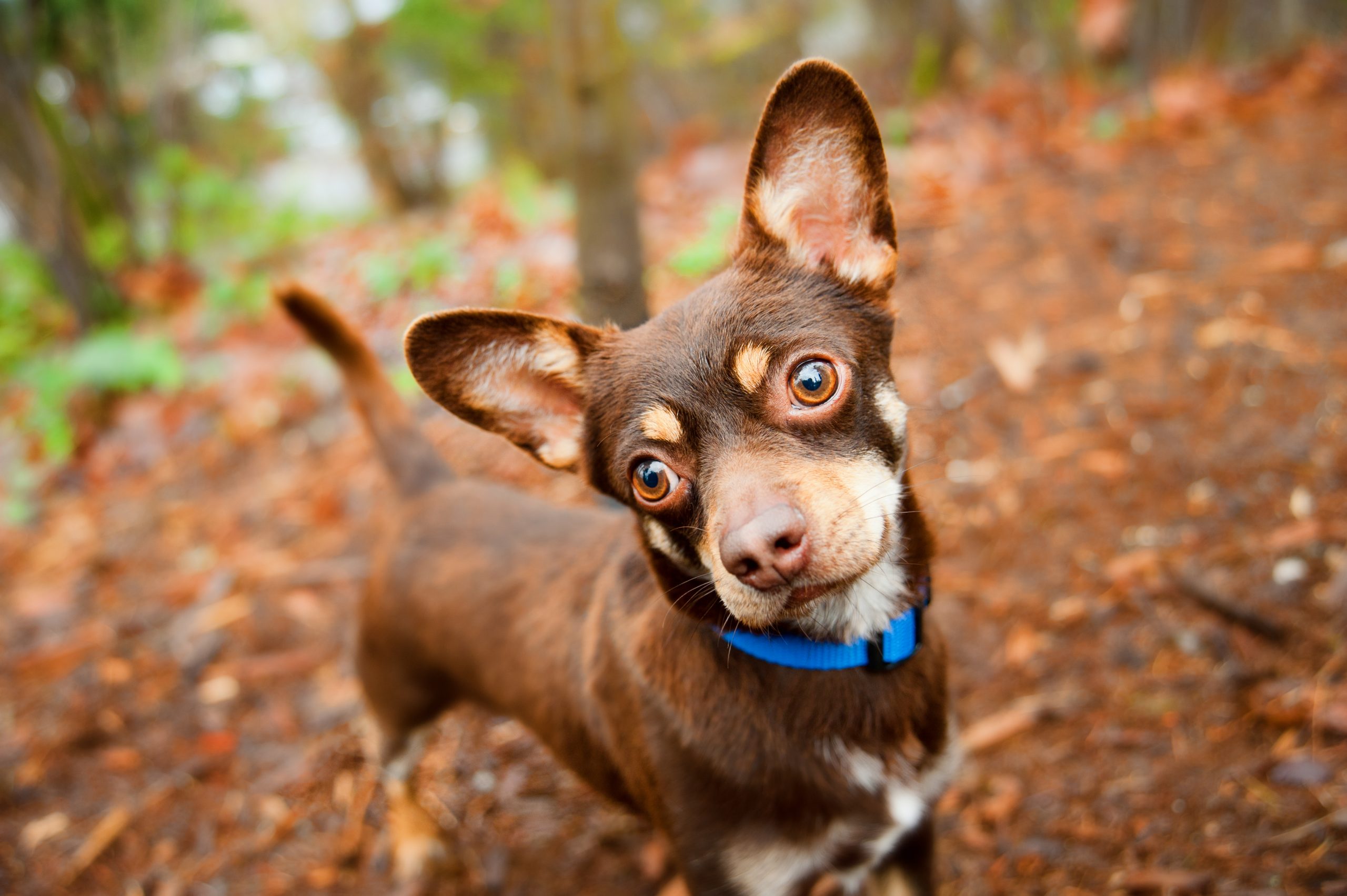Chiweenie
No products found which match your selection.
Shelter Dog Meal Donation Count:
No products found which match your selection.
The Chiweenie is a charming and spirited small breed dog that makes an excellent companion for various households, including those living in apartments. Their affectionate nature and moderate exercise needs make them a great choice for many, though prospective owners should be prepared for the potential challenges of training and socializing a stubborn yet lovable pet.
The Chiweenie is a relatively recent hybrid, gaining popularity over the last few decades as dog lovers sought pets with unique appearances and temperaments.

Originating in North America, the Chiweenie was developed to minimize health issues seen in purebreds while creating a compact, affectionate companion suited to various living environments.




Chiweenies are generally healthy but can inherit conditions from their parent breeds, such as dental and back problems.
Grooming needs vary depending on coat type but typically include regular brushing, dental care, and nail trimming.
They enjoy being active and can suffice with daily walks and play. Their size makes them ideal for apartment living.
Training can be challenging due to their stubborn streak, but consistency and positive reinforcement yield the best results.
A balanced diet suitable for small, active dogs is key. Portion control is important to avoid obesity.
The Chiweenie makes an excellent companion for those looking for a small dog with a lot of heart. They fit well into many types of homes, from apartments to houses with yards. With the right care, including proper training, socialization, and regular veterinary check-ups, your Chiweenie will be a loving and loyal member of your family for years to come. Their unique blend of characteristics from the Chihuahua and Dachshund makes them a special addition to any dog lover’s life.
Chiweenies, a cross between Chihuahuas and Dachshunds, inherit traits from both parent breeds, including potential health issues. Awareness and proactive management can help ensure a healthy life for a Chiweenie. Here’s an overview of common health issues and recommended tests for this breed:
By being proactive about their Chiweenie’s health, owners can help their pets lead a long, happy life. Early detection and management of these common health issues are key to a healthy Chiweenie.
The iHeartDogs Free Rx Discount Card Program is a pet prescription discount card that can help you save money on your furry friend’s medications. The card is free to sign up for, and you can use it at participating pharmacies nationwide. To use the free program, simply show the card to your pharmacist when you pick up your pet’s prescription. The pharmacist will then scan the card, and you will receive a discount on the price of the medication.LEARN MORE
Caring for a Chiweenie involves various annual expenses that contribute to their overall health and happiness. The cost can vary depending on factors such as your location, the health and needs of your Chiweenie, and the level of care you choose to provide. Here’s a breakdown of the typical annual expenses for a Chiweenie:
Total Estimated Annual Cost:
$1200 - $3800
It's important to note that these figures are estimates and can vary. Also, the first year of owning a dog can be more expensive due to one-time costs like spaying/neutering, initial vaccinations, and training. Regular budgeting for your dog's needs and an emergency fund for unforeseen costs are essential for responsible pet ownership.